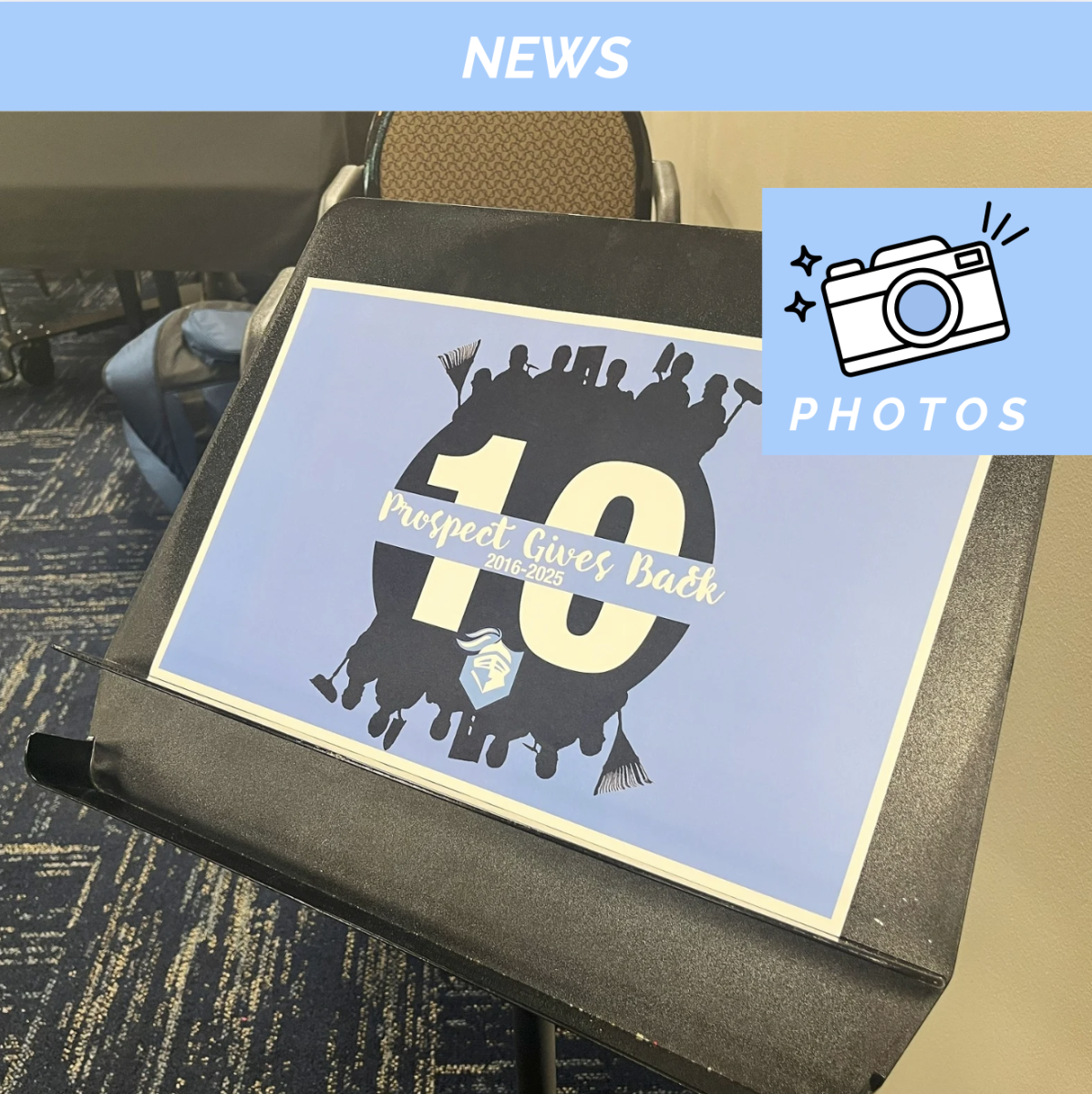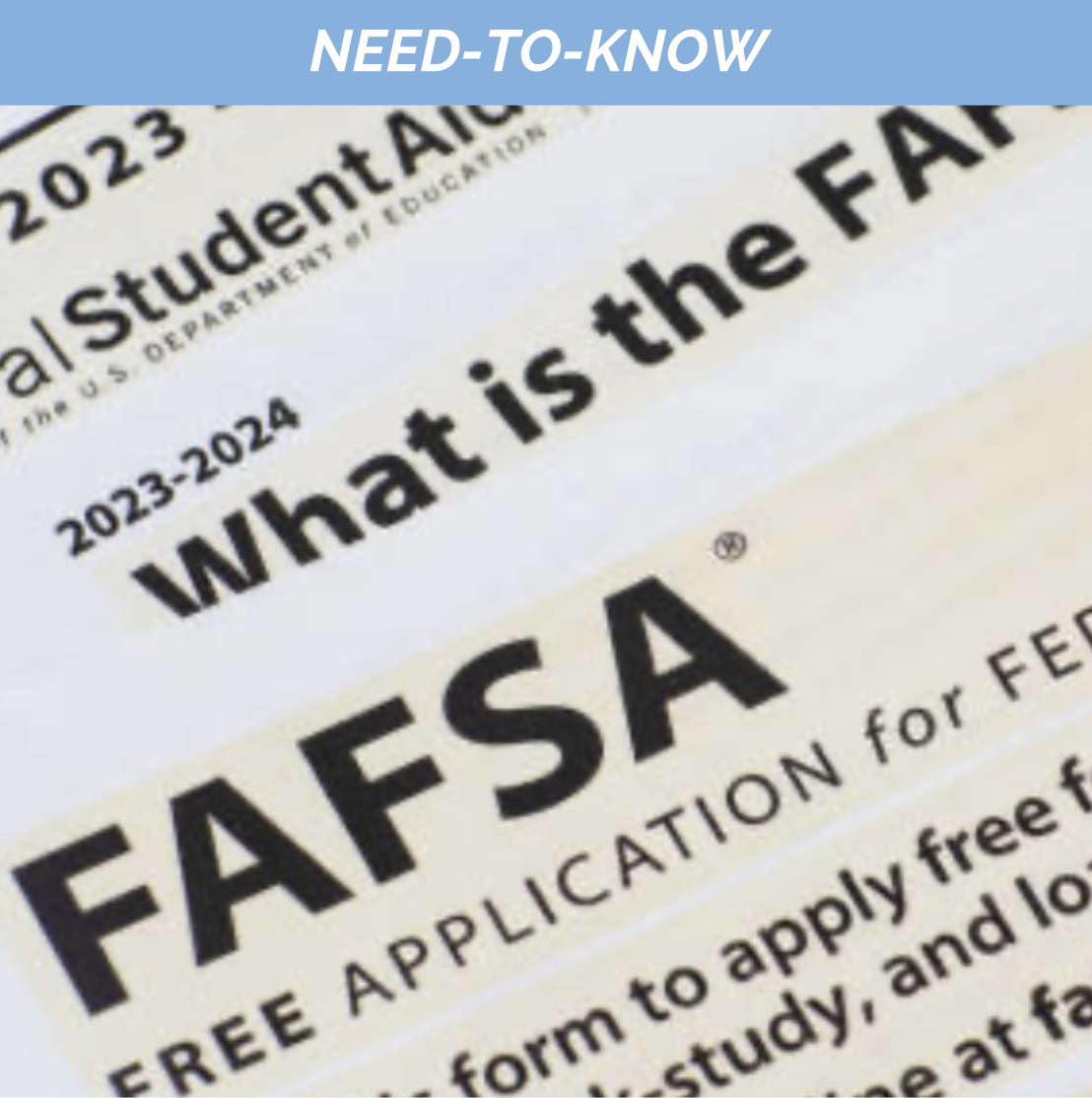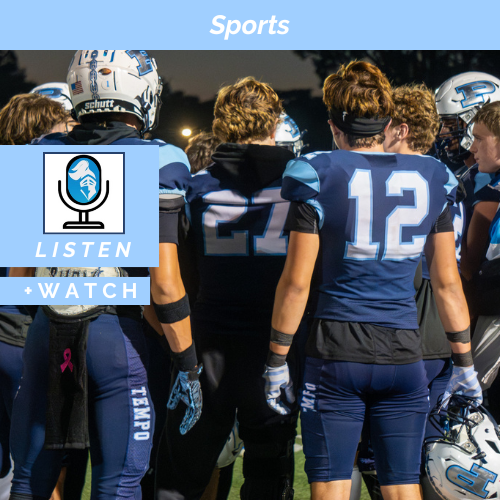The hunt for a summer job turns out to be messier than perceived
May 17, 2023
As the school year comes to a close, junior Gavin Bautista recalls the nightmare of a job he had last summer serving food and waiting tables for the elderly.
“I just couldn’t do it any more,” Bautista said, “All my friends worked together and I’m stuck over here.”
Bautista was employed at The Moorings where he would serve and assist the elderly. His parents argued that it would be a good source of income for himself and was good on college resumes.
“There was saliva everywhere,” Bautista said, “I would bring gloves to pick up the silverware.”
The hunt for a reasonable job is something that most teenagers struggle with. Many students don’t have a license or car to get to their job. Others have sporting events that’ll occupy their time. And even some are pressured into their jobs without a choice.
In America, only 25 percent of 16-year-olds, 45 percent of 17-year-olds, and 60 percent of eighteen year olds have their license. The amount of 16-year-olds who have a job and a license are fewer than 15 percent.
Charlie Knee and Logan Provost, who were both sophomores last year, remember biking to work. They recall coworkers making fun of them for showing up sweaty and tired.
“I was just uncomfortable my entire shift,” Knee said.
Furthermore, some 16-year-olds have their license, but still don’t have a way to get places. Parents normally have their cars during the day leaving them to find other ways to get to their jobs.
Senior, Drew Heiss, works at the Michigan Shores Club which is almost a 40 minute drive. Heiss gets to work by carpooling with fellow colleagues that live nearby.
Not having a car or license isn’t the only issue in finding summer jobs for students. Prospect students compete in many sports over summer which makes it hard to find a job that adjusts to their sporting schedule.
Junior baseball player, Griffin Limbers, had to skip multiple shifts because he had summer baseball games during the week. The games were in the middle of the day, taking away his opportunity to work for the rest of the day. Limbers didn’t work night shifts because he didn’t want to miss spending time with friends.
He could only work one day a week which made it hard for him to support the financial decisions he wanted to make.
“I’d go out with friends and when they wanted to eat I wouldn’t be able to get anything,” Limbers said.
However, Limbers was grateful that he could work somewhere where his friends worked, making his shifts a lot easier.
“It’s just hard balancing everything while still trying to be a kid,” said Limbers.






















































































